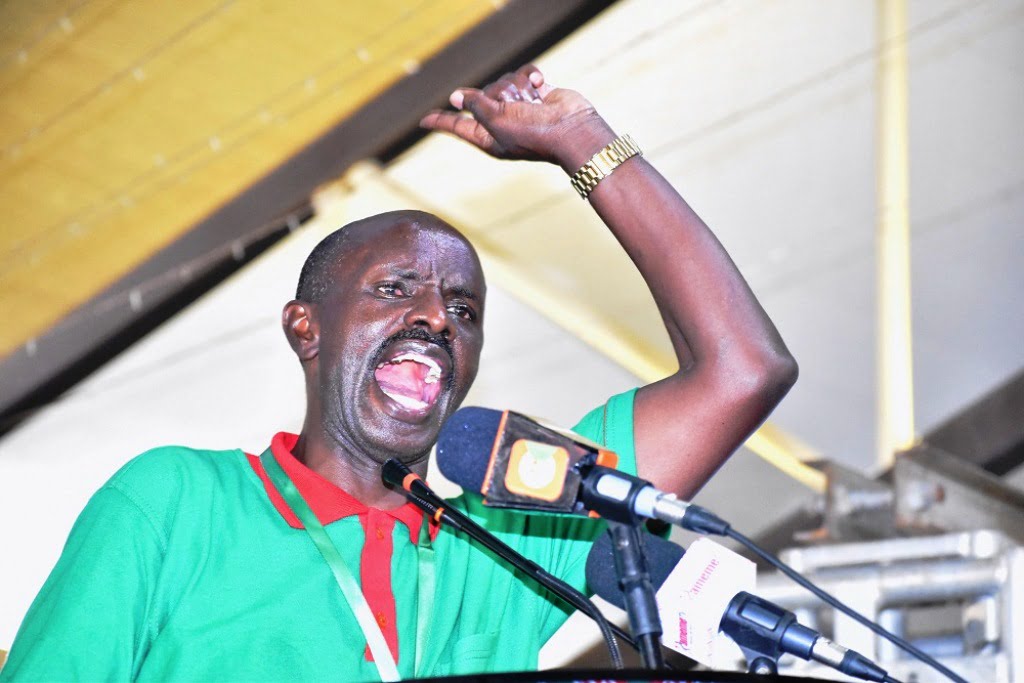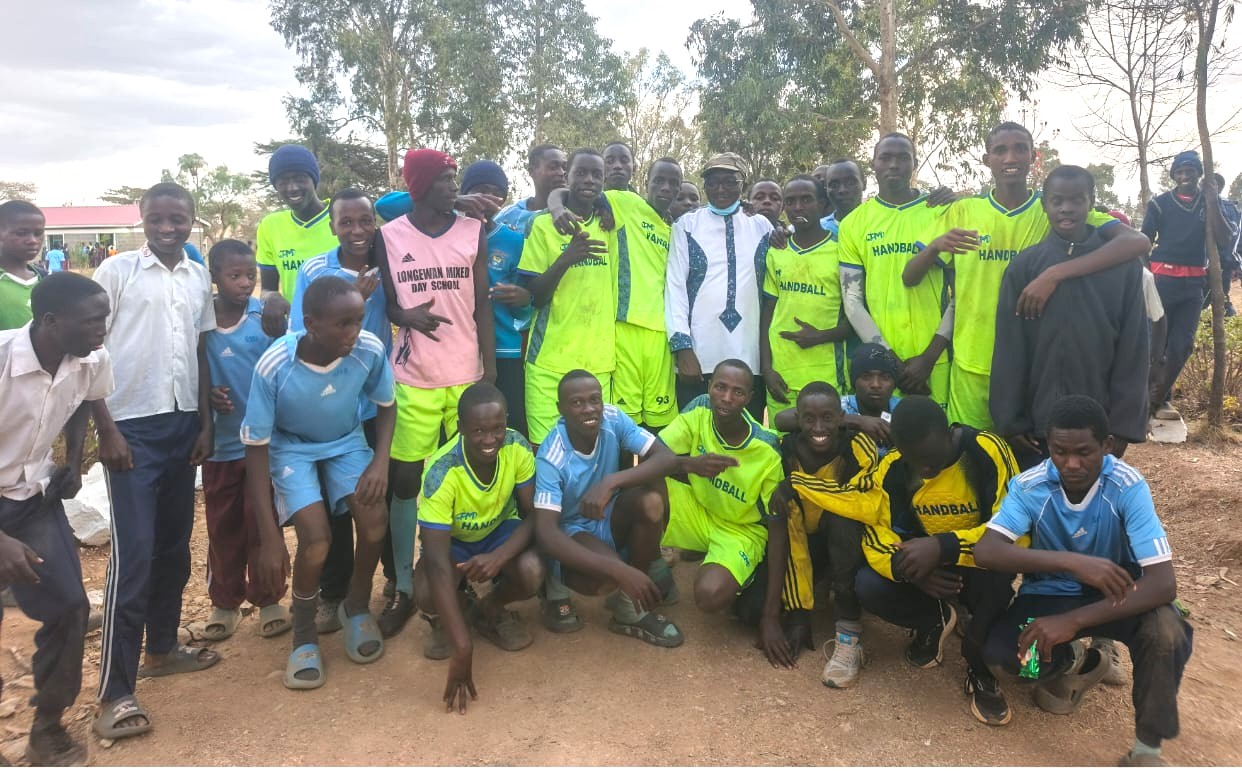The Hillside Endarasha Academy tragedy is still fresh in our minds; young lives that were lost shook the nation to the core. However, what is alarming is the response of some private schools, which turned the tragedy into an opportunity to commercialize their brands, offering public condolences while failing to take concrete action to address safety concerns within their own institutions.
This commercialization of tragedy is not new, but in the context of the Hillside Endarasha incident, it exposed the hypocrisy and opportunism of certain private educational institutions.
Instead of using the moment to introspect and institute necessary changes to protect their learners, many private schools flooded social media platforms, public forums and press releases with messages of sympathy that ring hollow. These public displays of condolences, while seemingly heartfelt, are often little more than public relations stunts designed to bolster the schools’ reputations without addressing the core issue – safety.
School fires, like the one witnessed, do not happen in isolation. They are often the result of systemic failures, such as poor building codes, lack of fire safety drills, absence of fire extinguishers, and inadequate emergency response plans. Yet, despite the widespread coverage of such incidents, many private schools in Kenya continue to operate without adequate safety precautions.
Instead of taking proactive steps, such as ensuring proper exits, installing fire alarms, or regularly training staff and students in emergency procedures, some private schools remain complacent. Their focus on profit margins seems to outweigh their responsibility to provide a safe learning environment.
YOU MAY ALSO READ:
OPINION: How teachers assess candidates’ preparedness for KCSE exam
This is not just a moral failure but a legal and ethical one. Schools, especially those in the private sector, charge exorbitant fees with the promise of better facilities, smaller class sizes, and personalized attention. Yet when it comes to fundamental issues like student safety, many are found lacking.
Therefore, the issue is not with offering condolences per se – grief and empathy are natural human reactions to loss. The problem lies in the fact that many of these institutions have done little to nothing to prevent similar tragedies from occurring in their own schools. If these schools genuinely cared about the safety and well-being of students, they would have taken immediate action to review their fire safety protocols, train staff, and engage parents and local authorities in discussions about preventive measures.
Instead, the focus has been on brand management. In a competitive education market, being seen as a compassionate institution is good for business. Public displays of sympathy, coupled with a school’s logo and contact information, are cleverly disguised as marketing. The tragedy becomes a platform to advertise, a means to build a school’s reputation, rather than a moment for genuine reflection and change.
The commercialization of the Endarasha tragedy is not just offensive; it is dangerous. By focussing on public relations rather than practical safety measures, private schools are shirking their responsibilities to protect the children in their care. This lack of accountability undermines public trust in the education sector as a whole.
What makes this issue even more troubling is that the private sector is supposed to offer a superior alternative to public education. Parents pay premium fees expecting not only academic excellence but also the highest standards of safety and welfare for their children. When private schools fail in this regard, they betray the trust placed in them by families. This betrayal is compounded when these same schools exploit tragedies for commercial gain without committing to tangible improvements.
If private schools truly wish to honour the memory of those who lost their lives in incidents like this, they must move beyond empty words and take meaningful action. Condolences are important, but they cannot substitute safety measures. Every school, regardless of its size or profit margins must prioritize student safety as non-negotiable.
Private schools should conduct thorough safety audits of their facilities, identifying potential fire hazards and other risks. This should be followed by immediate remedial actions, such as installing fire alarms, sprinklers, and proper emergency exits where they are lacking.
They need also to implement regular fire drills and train both students and staff on emergency evacuation procedures. These drills should not be a one-time affair but a regular part of school operations to ensure preparedness.
In addition, private schools should engage parents and the community in conversations about safety. Transparency is key; schools must be willing to share the steps they are taking to safeguard students and invite feedback on areas for improvement.
Finally, the Ministry of Education must enforce stricter regulations on private institutions, ensuring that those who fail to meet safety standards face penalties, including closure if necessary.
By Kamomonti wa Kiambati
Kiambati teaches English and Literature in Gatundu North and author of “Maintaining Healthy Boundaries in Schools.”
You can also follow our social media pages on Twitter: Education News KE and Facebook: Education News Newspaper for timely updates.
>>> Click here to stay up-to-date with trending regional stories
>>> Click here to read more informed opinions on the country’s education landscape






